Franziska Kinz
Nacimiento : 1897-02-21, Kufstein
Muerte : 1980-04-26
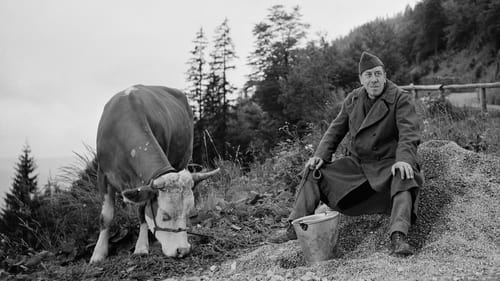
la mère d'Helga
Charles Bailly, un prisionero francés, es deportado a Alemania para trabajar en una granja. Allí hará todo lo posible para cruzar la frontera y escapar del país, aunque para ello debe llevar consigo a una vaca llamada Margarita. (FILMAFFINITY)

Angela von Trutzberg

Oberschwester Mathilde
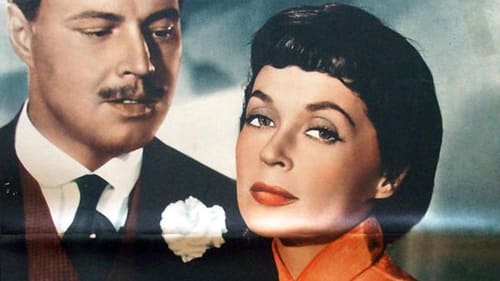
Herzogin von Leuchtenberg
In 1920, an unknown 24-year-old woman was fished out of Berlin's Landwehr kanal after a suicide attempt. Since she has no papers and no answers to any questions, they soon assign them to the insane asylum Dallendorf. A co-patient believes she recognizes the Czar's daughter Anastasia Romanowa - who apparently was the only one who survived the murder of the tsar's family in 1918.

Trude Michaelis

Agnes Spargel

Mutter von Helene
When seminarian Martin Rufmann arrives in St. Eustachen, idyllically located in the Carinthian mountains, the local choral society is celebrating a joyous festival. Martin is the youngest son of the widowed head forester Thomas Rufmann. Martin's older brother Friedolin has inherited his father's love of hunting and is one of the best hunters in the area. He is also engaged to the pretty innkeeper's daughter Helene Schwarzaug. At the feast, Friedolin and his cronies drink heavily to the black liquor of the charcoal burner Krauthaas. Friedolin and the townspeople Günther have a loud argument in front of everyone. When Günther is found murdered a short time later, suspicion immediately falls on Friedolin. To save his brother, Martin accuses himself of the crime. The two brothers are arrested. The real culprit soon turns himself in, but in the meantime Thomas Rufmann has disappeared without a trace.

Brigitte

Maria Klaus
Thomas offers Dorette a trip to Moselle that she rejects saying it's short notice, but when Thomas shows at her apartment the next day he finds she's not slept on her bed. He leaves for Dorette alone, and there he meets Angela.

Frau Anna

Die Öffelin

Posthalterin

Marthe Bichler - Häuslerin
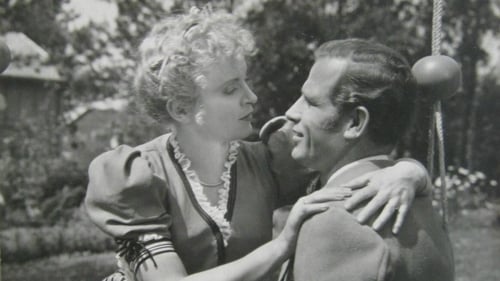
Helene Helmer
The film is an adaptation of Henrik Ibsen's play A Doll's House. The film uses Ibsen's alternate ending where the unhappy couple are reconciled at the end

Anna Rottner

Anna Bründl, Gattin des Schuhmachers
In a village near a deadly mountain ascent the people repeatedly have to help climbers in danger who didn't make it to the top, in fact nobody made it yet up there. Hansi Knoteck can't stand anymore the danger after a member of the rescue party dies and demands from Attila Hörbiger that he steps back from participating in his rescue efforts. Finally he relents but the villagers ostracize them. In the meantime Winnie Markus tries to seduce Richard Häußler who makes the life for his wife Viktoria von Ballasko a hell through his infidelities.

Barbara Rohn
Movie based on the novel by Christel Broehl-Delhaes

Frau Sixta

Johanna Stockmann
Before the First World War, Dr. Hans Stockmann had a practice in a small town. His powerhungry brother is the mayor of Bad Trimburg, which has developed into a respectable resort. Dr. Stockmann is called in to become the town’s chief physician. He considers the sanitary conditions to be intolerable and insists on a clean-up. His ambitious brother and all those who, till now, have profited well from the corner cutting, are, of course, against that for financial reasons. The doctor is condemned from all sides and the conflict escalates.

Mutter Bruggler
Chronicles the Alpine war experiences of young Toni Bruggler (Ludwig Kerscher), a Tyrolean-German member of the Standschützen (militiamen), comprised of those who are too young or old to fight in the Austro-Hungarian Habsburg army.
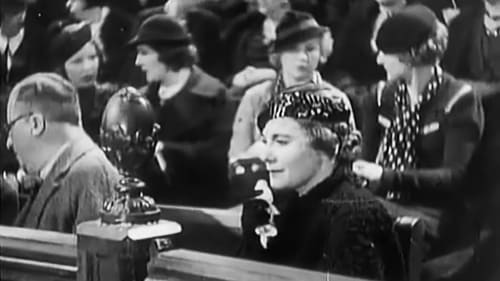
Mother
A woman is put on trial for murdering a musician who ruined her marriage.

Annemarie, dessen Frau
Walter is in love with the 17-year-old Erika, but she raves for older, experienced men. When Walter and Erika visit his parents' estate after passing their exams, Erika shows increasing interest in Walter's father, Werner von Schlettow.

Gertrud Stauffacher
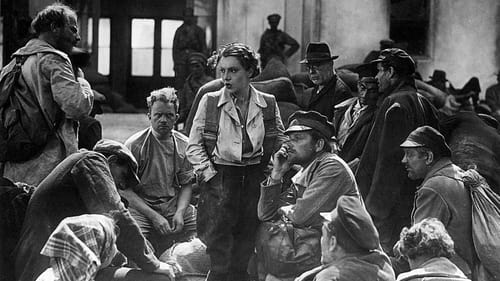
Pregnant Woman
Propaganda film detailing the plight of ethnic Germans, known as "Volga Germans", in the Soviet province of Manchuria.

Krankenschwester
“El joven hitleriano Quex”, (distribuida en la España franquista con el título de “El flecha Quex”) es un film basado en un hecho real: la muerte en enero de 1932 de Herbert Norkus, de apenas 12 años, a manos de los comunistas, en plena efervescencia política de la Alemania de Weimar. Una película de indudable valor histórico, pues además muestra la situación social y la lucha por el poder en aquella conflictiva década. La trama de la película muestra cómo un joven de familia comunista es obligado por un tiránico padre a pertenecer a la juventud bolchevique. Sin embargo, un día de campamento comunista, va a verse fascinado por la pulcritud, la camaradería y patriotismo que muestran los uniformados miembros de un campamento cercano de las Juventudes Hitlerianas.

Gutsfrau Frau Puchheiten

Dunja
The demonic Rasputin is poisoned but survives to continue seducing in evil ways, in this historical thriller.

Mrs. Markurell
About the wealthy Mr Markurell and his son, Johan, who is closing in on his graduation, and their life in the city of Wadköping. German language version.
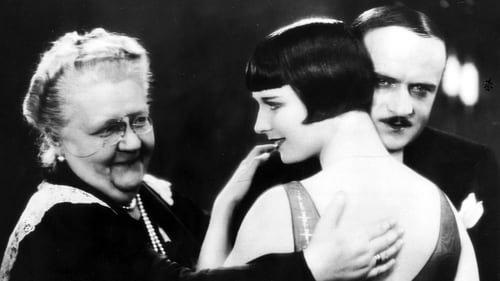
Meta Koch Henning
Tres páginas de un Diario, estrenada en septiembre de 1929, fue la segunda versión cinematográfica de la novela "Diario de una Perdida" de Margarethe Bohme. Curiosamente, la primera fue interpretada en 1918 por Erna Morena, actriz que un año antes había protagonizado "Lulu", adaptación de la obra de Frank Wedekind que fue, también, el título que unió por vez primera al realizador alemán G.W. Pabst y a la actriz norteamericana Luise Brooks: La Caja de Pandora (Lulú), estrenada en enero de 1929. Estos dos títulos, junto a "Crisis" (1928), integran lo que se conoció como la "trilogía erótica" de Pabst, lo que puede dar una pista de los problemas de censura y distribución que tuvieron en su momento ambos films.













